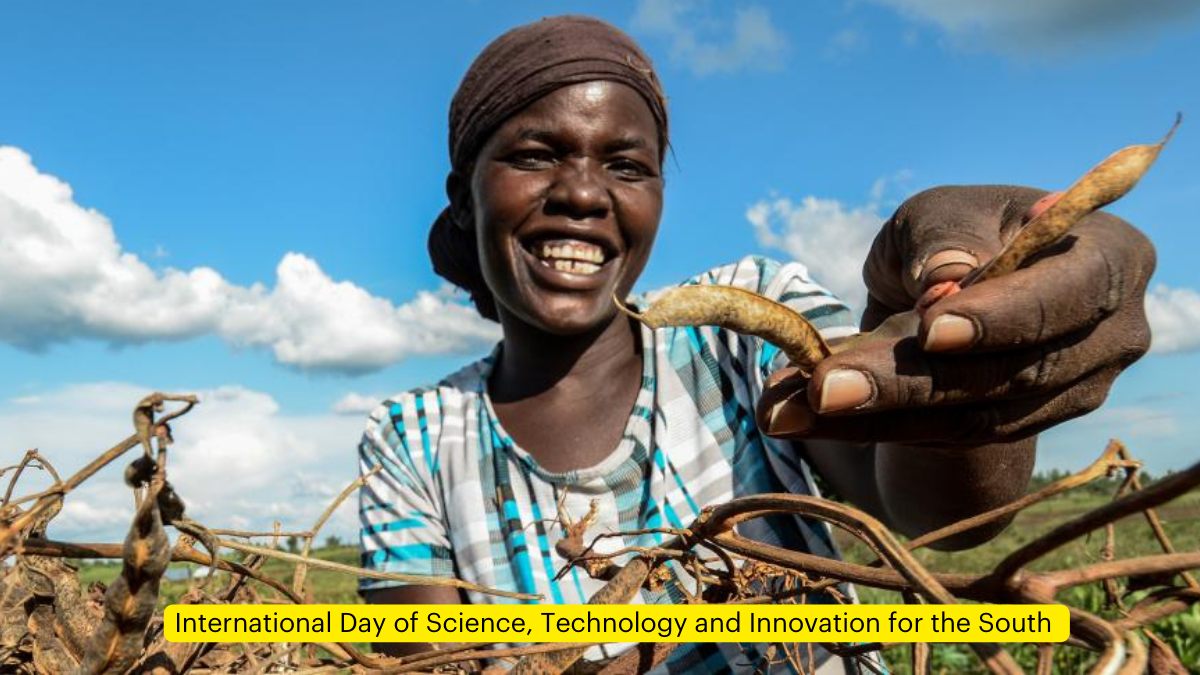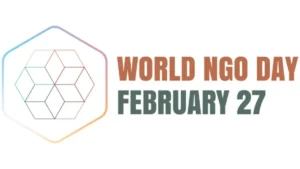In today’s rapidly evolving world, Science, Technology, and Innovation (STI) have become integral to every aspect of human life. As these fields advance at an unprecedented pace, they present both opportunities and challenges, particularly for nations in the Global South. While some developing countries are leveraging these advancements to accelerate their progress, many others face significant hurdles in innovation, adaptation, and governance.
The establishment of the International Day of Science, Technology and Innovation for the South marks on 16th September a crucial step towards addressing these challenges and reaffirming the global commitment to inclusive development.
The Importance of STI in the Global South
Opportunities and Challenges
The rapid advancement of science and technology offers developing nations a unique opportunity to leapfrog traditional stages of development. However, this swift progress also presents significant challenges:
- Governance Issues: Many countries struggle with implementing effective policies to harness STI for development.
- Innovation and Adaptation: There’s a pressing need to build capacity for creating and adapting technologies to local contexts.
- Technology Gap: A persistent divide exists between industrialized and developing countries in terms of technological capabilities and access.
The Role of STI in Sustainable Development
Advancing STI is crucial not only for achieving the Sustainable Development Goals (SDGs) but also for creating a more equitable and inclusive world. It can contribute to:
- Eradicating poverty and hunger
- Improving healthcare and education
- Promoting sustainable industrialization
- Combating climate change
Background of the International Day
The Havana Summit
On September 15-16, 2023, leaders from the G77 and China convened in Havana for the Summit on Science, Technology, and Innovation. This landmark event resulted in two significant outcomes:
- The designation of September 16 as the International Day of Science, Technology and Innovation for the South.
- The adoption of the Havana Declaration on Current Development Challenges, emphasizing the role of STI in addressing development issues.
Key Points of the Havana Declaration
The declaration highlights the need for:
- Enhanced cooperation in STI among developing countries
- Fair access to technology
- Responsible use of scientific innovations
United Nations General Assembly Resolution
On January 9, 2024, the UN General Assembly adopted resolution A/RES/78/259, officially proclaiming September 16 as the International Day of Science, Technology and Innovation for the South. This resolution:
- Underscores the importance of leveraging STI for sustainable development
- Aligns with key global agendas:
- The 2030 Agenda for Sustainable Development
- The Addis Ababa Action Agenda
- The Sustainable Development Goals
Objectives and Observance of the International Day
Aims of the International Day
The primary objectives of this day are to:
- Raise awareness about the importance of STI in addressing development challenges in the Global South
- Promote cooperation and knowledge sharing among developing countries
- Encourage investment in STI capabilities in the Global South
Participation and Observance
The UN resolution invites a wide range of stakeholders to observe this day, including:
- UN member states
- Specialized agencies
- International organizations
- Academia
- Civil society
- Private sector
These stakeholders are encouraged to present initiatives and cooperation projects that contribute to the development of STI in developing countries.




 National Science Day 2026: Honouring the...
National Science Day 2026: Honouring the...
 World NGO Day 2026: Why February 27 Matt...
World NGO Day 2026: Why February 27 Matt...
 International Polar Bear Day 2026: Why P...
International Polar Bear Day 2026: Why P...








